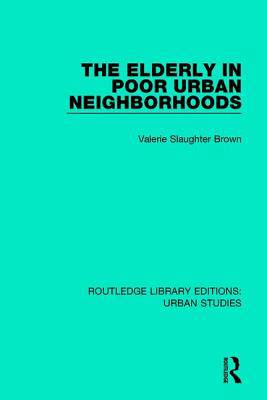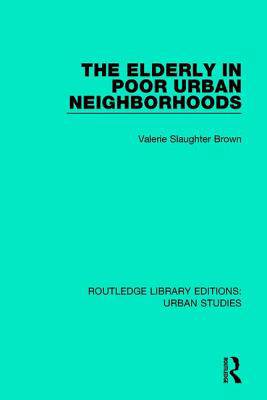
- Retrait gratuit dans votre magasin Club
- 7.000.000 titres dans notre catalogue
- Payer en toute sécurité
- Toujours un magasin près de chez vous
- Retrait gratuit dans votre magasin Club
- 7.000.000 titres dans notre catalogue
- Payer en toute sécurité
- Toujours un magasin près de chez vous
Description
First published in 1997. Considerable research has been done to identify neighbourhood influences on children's affective states, motivation, and behaviour. This population, along with the elderly, are the nation's largest dependent groups. In contrast, little research has been done to determine what impact living among poor neighbours has upon older Americans, specifically upon their psychological well-being and neighbourhood satisfaction. In this study the author has sought out to explore this deficit, using a sociological standpoint to examine quality-of-life issues relevant to elderly inner-city residents. This title will be of interest to students of sociology and urban studies.
Spécifications
Parties prenantes
- Auteur(s) :
- Editeur:
Contenu
- Nombre de pages :
- 148
- Langue:
- Anglais
- Collection :
Caractéristiques
- EAN:
- 9781138895232
- Date de parution :
- 12-10-17
- Format:
- Livre relié
- Format numérique:
- Genaaid
- Dimensions :
- 156 mm x 233 mm
- Poids :
- 384 g







